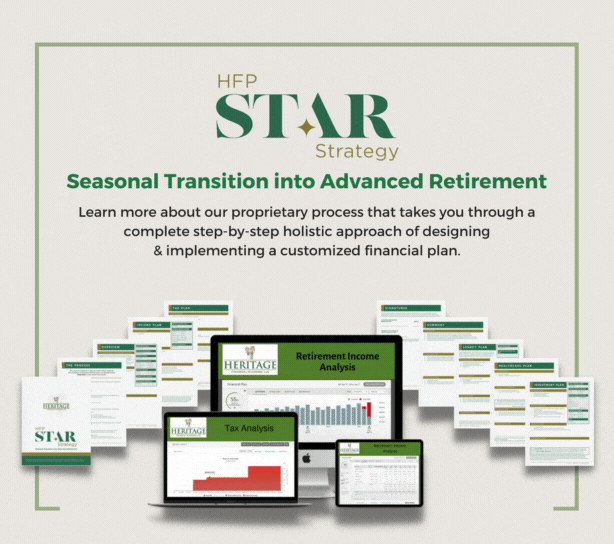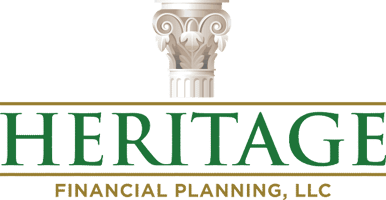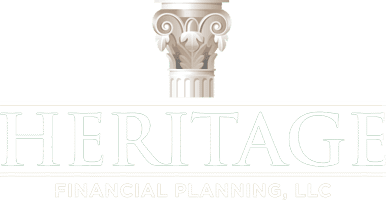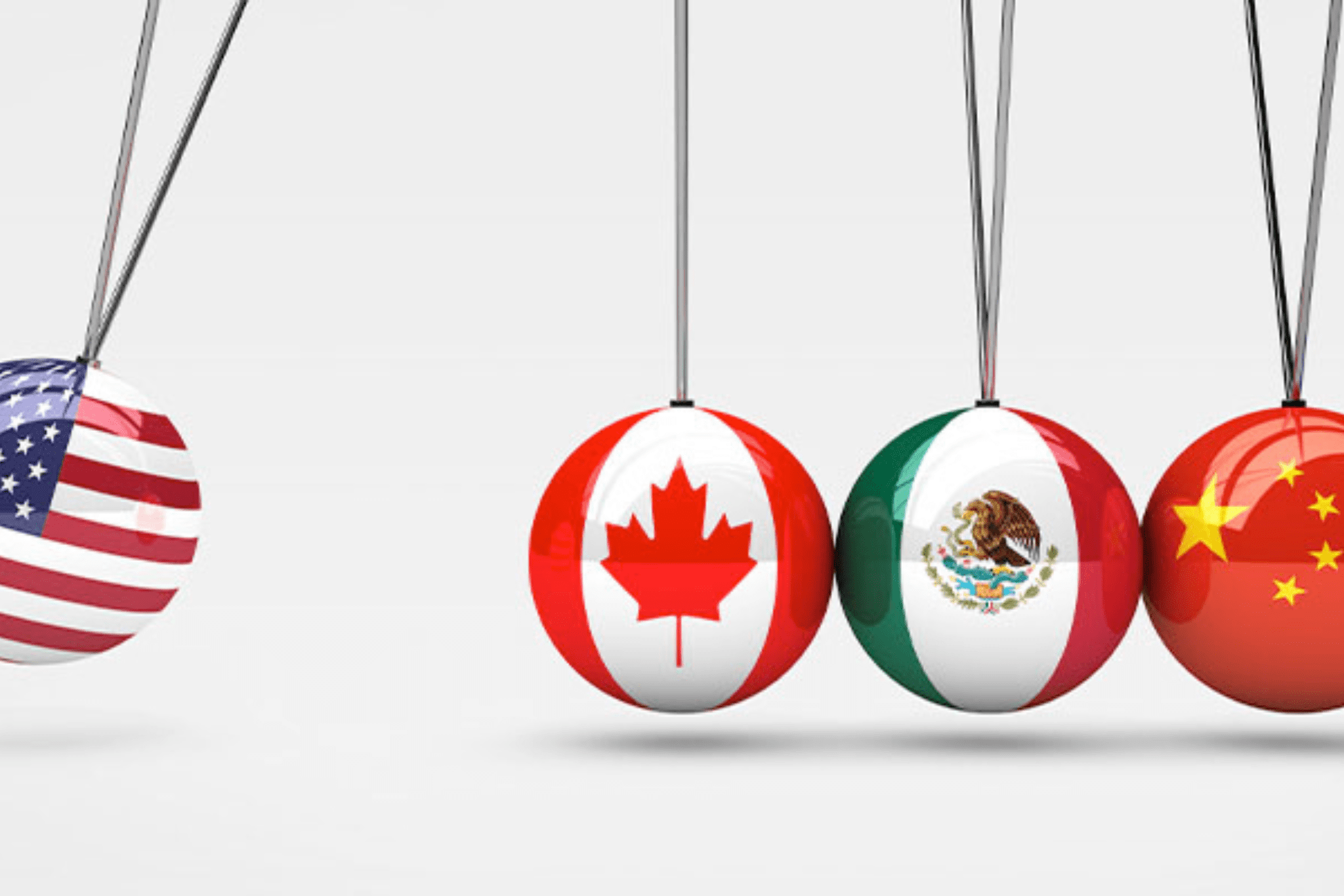Navigating Trade Policy and Capitalizing on Emerging Opportunities
At Heritage Financial Planning, we understand that today’s economic landscape is shaped by ever-evolving trade policies. The specter of impending tariffs once again raises concerns about global trade, market stability, and economic growth. For investors, the key question remains: Is the current administration’s tariff strategy a high-stakes bargaining tool in trade negotiations, or a disruptive economic force poised to reshape industries and supply chains?
Tariffs as a Bargaining Chip
Historically, tariffs have been leveraged as a negotiation tool to bring trading partners to the table and extract concessions. The idea is that the threat—or actual imposition—of tariffs creates economic leverage, compelling foreign governments to reconsider their trade policies, market access barriers, or currency manipulation practices.
We have seen this approach in past U.S. administrations, where temporary tariffs led to revised trade agreements aimed at fairer competition. When used as a bargaining tool, tariffs introduce short-term market volatility but can ultimately foster a more favorable global trade environment, reducing long-term uncertainty.
For investors, this type of volatility presents opportunities. If tariffs pave the way for restructured trade agreements, companies poised to benefit from improved global commerce and increased domestic investment may present strong long-term growth potential.
Tariffs as a Battering Ram
On the other hand, if tariffs are being used not as a negotiating strategy but as an aggressive economic weapon, businesses and consumers may face prolonged disruption. Tariffs on key imports drive up costs for manufacturers, retailers, and consumers, leading to inflationary pressures. As supply chains become strained, companies may either absorb higher costs—reducing profit margins—or pass them on to consumers, potentially dampening demand.
A major risk is that tariffs could escalate into a full-fledged trade war, with retaliatory actions from affected nations further disrupting global supply chains and limiting export opportunities for U.S. companies. In such a scenario, sectors with heavy international exposure—such as technology, manufacturing, and agriculture—could face heightened risks.
For investors, this could mean prolonged market uncertainty, requiring strategic adjustments. Companies with resilient domestic supply chains, strong pricing power, and limited reliance on international trade may become more attractive investment options.
Market Implications and Investment Strategies
Regardless of whether tariffs are being deployed as a negotiating tool or an economic weapon, investors should anticipate market turbulence in the near term. Strategic positioning is critical, and at Heritage Financial Planning, we help our clients navigate uncertainty with sound, proactive investment strategies:
1. Diversification Across Sectors and Geographies
Allocating assets across industries that are less susceptible to tariff-related volatility can help mitigate risks. Additionally, investments in international markets that stand to benefit from shifting trade policies may offer stability.
2. Focus on Domestic Growth Opportunities
Sectors such as U.S.-based manufacturing, infrastructure, and logistics may experience increased investment as companies shift toward onshoring production. Identifying businesses capitalizing on government incentives to bolster domestic industries could yield growth opportunities.
3. Inflation-Resistant Investments
With tariffs potentially driving up prices, it’s crucial to incorporate inflation-resistant assets into portfolios. Investments in commodities, real estate, and Treasury Inflation-Protected Securities (TIPS) can serve as effective hedges. Additionally, companies with strong pricing power—those that can pass increased costs onto consumers without impacting demand—may prove more resilient.
4. Active Monitoring of Trade Policy Developments
Markets react swiftly to trade-related news, creating both risks and opportunities. Staying informed and adjusting strategies accordingly can help investors hedge potential risks or capitalize on emerging trends.
Stay Prepared with Heritage Financial Planning
At Heritage Financial Planning, we understand that navigating market uncertainty requires a structured, proactive approach. Our HFP S.T.A.R. Strategy focuses on delivering customized, independent, and fiduciary-driven financial planning tailored to your unique goals and risk tolerance. Whether tariffs serve as a temporary negotiating tool or a long-term economic shift, our approach helps ensure your portfolio remains resilient, diversified, and positioned for opportunity.

Click here to learn more about our HFP STAR Strategy process.
In times of economic unpredictability, working with a trusted financial planner can make all the difference. Contact our office today to schedule an appointment and learn how we can help you protect and grow your wealth—no matter what the market brings.
Source: Copyright © 2025 FMeX. All rights reserved. Distributed by Financial Media Exchange.











